Oliver Wendell Holmes Jr.
Associate Justice of the Supreme Court of the United States In office December 4, 1902 – January 12, 1932
Nominated by Theodore Roosevelt
Chief Justice of the Massachusetts Supreme Judicial Court
In office
August 2, 1899 – December 4, 1902
Associate Justice of the Massachusetts Supreme Judicial Court In office ecember 15, 1882 – August 2, 1899
Nominated by John Long
Born March 8, 1841 Boston, Massachusetts, U.S.
Died March 6, 1935 (aged 93) Washington, D.C., U.S.
Political party Republican
Spouse(s) Fanny Bowditch Dixwell (1840–1929)
Education Harvard University (BA, LLB)
Oliver Wendell Holmes Jr. (March 8, 1841 – March 6, 1935) was an American jurist who served as an Associate Justice of the Supreme Court of the United States from 1902 to 1932, and as Acting Chief Justice of the United States in January–February 1930. Noted for his long service, concise and pithy opinions, and deference to the decisions of elected legislatures, he is one of the most widely cited United States Supreme Court justices in history, particularly for his "clear and present danger" opinion for a unanimous Court in the 1919 case of Schenck v. United States, and is one of the most influential American common law judges, honored during his lifetime in Great Britain as well as the United States. Holmes retired from the court at the age of 90, making him the oldest justice in the Supreme Court's history. He also served as an Associate Justice and as Chief Justice of the Massachusetts Supreme Judicial Court, and was Weld Professor of Law at his alma mater, Harvard Law School.
Profoundly influenced by his experience fighting in the American Civil War, Holmes helped move American legal thinking towards legal realism, as summed up in his maxim: "The life of the law has not been logic; it has been experience." Holmes espoused a form of moral skepticism and opposed the doctrine of natural law, marking a significant shift in American jurisprudence. In one of his most famous opinions, his dissent in Abrams v. United States (1919), he regarded the United States Constitution as "an experiment, as all life is an experiment" and believed that as a consequence "we should be eternally vigilant against attempts to check the expression of opinions that we loathe and believe to be fraught with death." During his tenure on the Supreme Court, to which he was appointed by President Theodore Roosevelt, he supported efforts for economic regulation and advocated broad freedom of speech under the First Amendment. These positions as well as his distinctive personality and writing style made him a popular figure, especially with American progressives.[4] His jurisprudence influenced much subsequent American legal thinking, including judicial consensus supporting New Deal regulatory law, and influential schools of pragmatism, critical legal studies, and law and economics. He was one of only a handful of justices to be known as a scholar; The Journal of Legal Studies has identified Holmes as the third-most cited American legal scholar of the 20th century.
Early life
Holmes was born in Boston, Massachusetts, to the prominent writer and physician Oliver Wendell Holmes Sr. and abolitionist Amelia Lee Jackson. Dr. Holmes was a leading figure in Boston intellectual and literary circles. Mrs. Holmes was connected to the leading families; Henry James Sr., Ralph Waldo Emerson and other transcendentalists were family friends. Known as "Wendell" in his youth, Holmes, Henry James Jr. and William James became lifelong friends. Holmes accordingly grew up in an atmosphere of intellectual achievement, and early formed the ambition to be a man of letters like Emerson. While still in Harvard College he wrote essays on philosophic themes, and asked Emerson to read his attack on Plato's idealist philosophy. Emerson famously replied, "If you strike at a king, you must kill him." He supported the Abolitionist movement that thrived in Boston society during the 1850s. At Harvard, he was a member of the Hasty Pudding and the Porcellian Club; his father had also been a member of both clubs. In the Pudding, he served as Secretary and Poet, as his father did.[6] He enlisted in the Massachusetts militia in the spring of 1861, when the president first called for volunteers following the firing on Fort Sumter, but returned briefly to Harvard College to participate in commencement exercises.[7] In the summer of 1861 with his father's help he obtained a lieutenant's commission in the Twentieth Massachusetts Volunteer Infantry. Holmes's early life was described in detail by Mark DeWolfe Howe, Justice Oliver Wendell Holmes – The Shaping Years, 1841–1870 (1957).
Civil War
During his senior year of college, at the outset of the American Civil War, Holmes enlisted in the fourth battalion, Massachusetts militia, then received a commission as first lieutenant in the Twentieth Regiment of Massachusetts Volunteer Infantry. He saw much action, taking part in the Peninsula Campaign, the Battle of Fredricksburg and the Wilderness, suffering wounds at the Battle of Ball's Bluff, Antietam, and Chancellorsville, and suffered from a near-fatal case of dysentery. He particularly admired and was close to Henry Livermore Abbott, a fellow officer in the 20th Massachusetts. Holmes rose to the rank of lieutenant colonel, but eschewed promotion in his regiment and served on the staff of the VI Corps during the Wilderness Campaign. Abbott took command of the regiment in his place, and was later killed.
Holmes received a brevet (honorary) promotion to colonel in recognition of his services during the war. He retired to his home in Boston after his three-year enlistment ended in 1864, weary and ill, his regiment disbanded.
Legal career - Lawyer and state judge
In the summer of 1864, Holmes returned to the family home in Boston, wrote poetry, and debated philosophy with his friend William James, pursuing his debate with philosophic idealism, and considered reenlisting. But by the fall, when it became clear that the war would soon end, Holmes enrolled in Harvard Law School, "kicked into the law" by his father, as he later recalled.[14] He attended lectures there for a single year, reading extensively in theoretical works, and then clerked for a year in his cousin Robert Morse's office. He was admitted to the bar in 1866, and after a long visit to London, to complete his education, went into law practice in Boston. He joined a small firm, and in 1872 married a childhood friend, Fanny Bowditch Dixwell, buying a farm in Mattapoisett, Massachusetts, the following year. Their marriage lasted until her death on April 30, 1929. They never had children together. They did adopt and raise an orphaned cousin, Dorothy Upham. Fanny disliked Beacon Hill society, and devoted herself to embroidery. She was described as devoted, witty, wise, tactful, and perceptive.
Whenever he could, Holmes visited London during the social season of spring and summer, and during the years of his work as a lawyer and judge in Boston, he formed romantic friendships with English women of the nobility, with whom he corresponded while at home in the United States. The most important of these was his friendship with the Anglo-Irish Clare Castletown, the Lady Castletown, whose family estate in Ireland, Doneraile Court, he visited several times, and with whom he may have had a brief affair. He formed his closest intellectual friendships with British men, and became one of the founders of what was soon called the "sociological" school of jurisprudence in Great Britain, followed a generation later by the "legal realist" school in America.
Holmes practiced admiralty law and commercial law in Boston for fifteen years. It was during this time that he did his principal scholarly work, serving as an editor of the new American Law Review, reporting decisions of state supreme courts, and preparing a new edition of Kent's Commentaries, which served practitioners as a compendium of case law, at a time when official reports were scarce and difficult to obtain. He summarized his hard-won understanding in a series of lectures, collected and published as The Common Law in 1881.
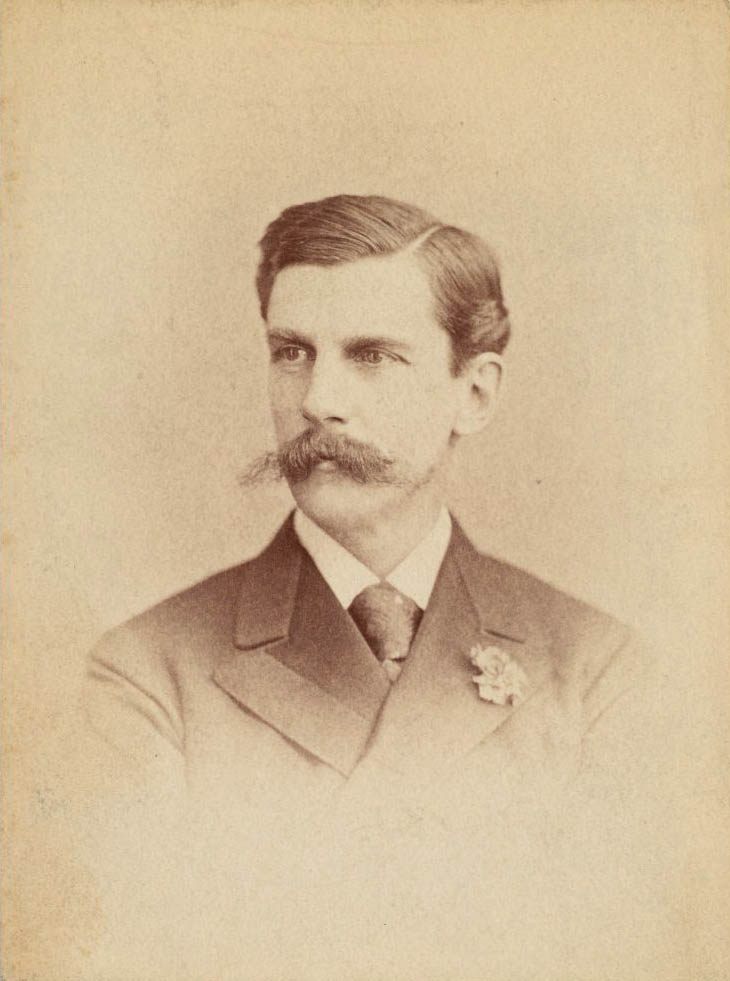
 Amanda S. Stevenson
Amanda S. Stevenson 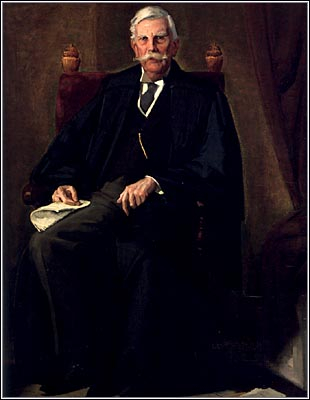
 Amanda S. Stevenson
Amanda S. Stevenson 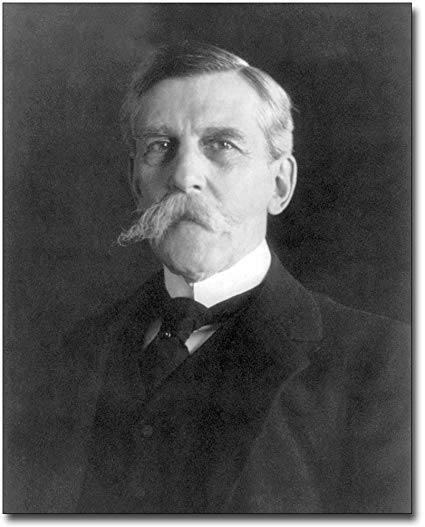
 Amanda S. Stevenson
Amanda S. Stevenson 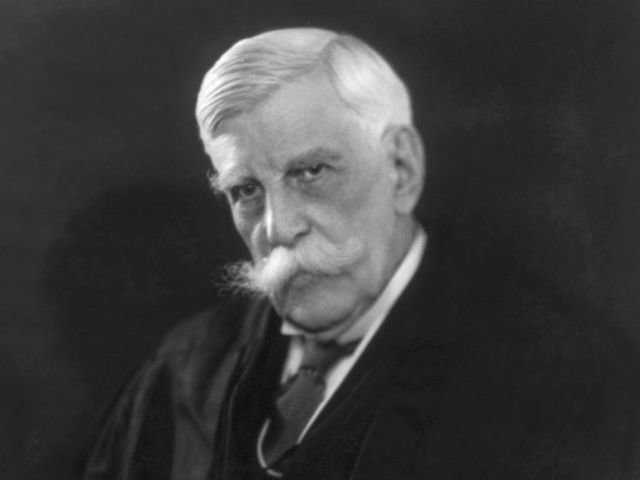
 Amanda S. Stevenson
Amanda S. Stevenson 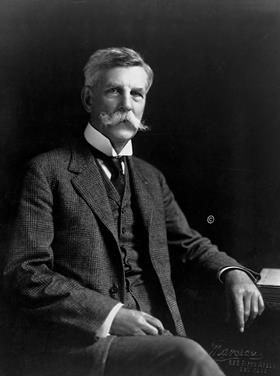
 Amanda S. Stevenson
Amanda S. Stevenson 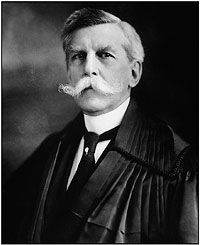
 Amanda S. Stevenson
Amanda S. Stevenson 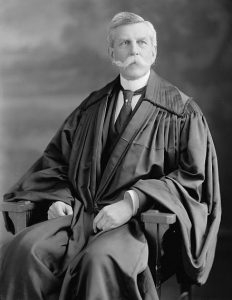
 Amanda S. Stevenson
Amanda S. Stevenson 